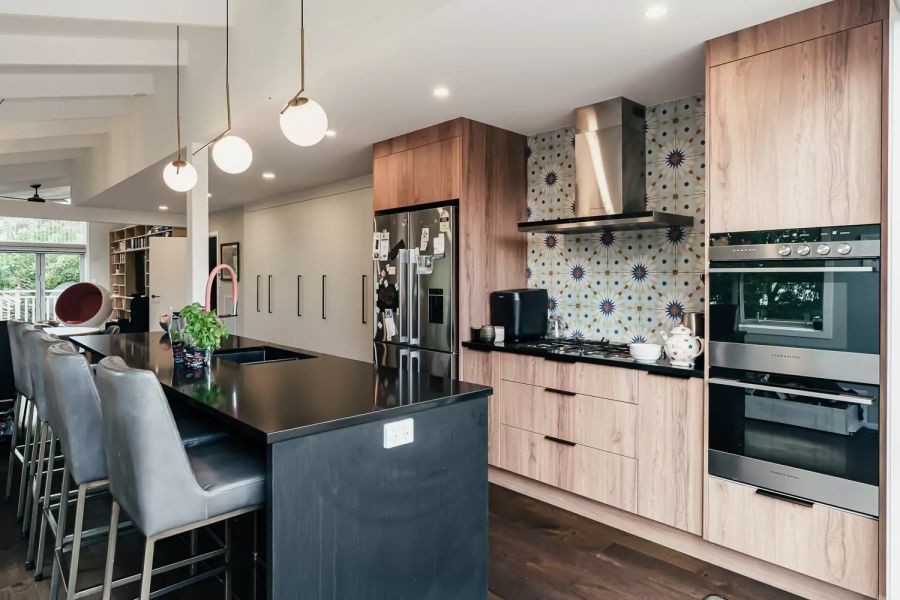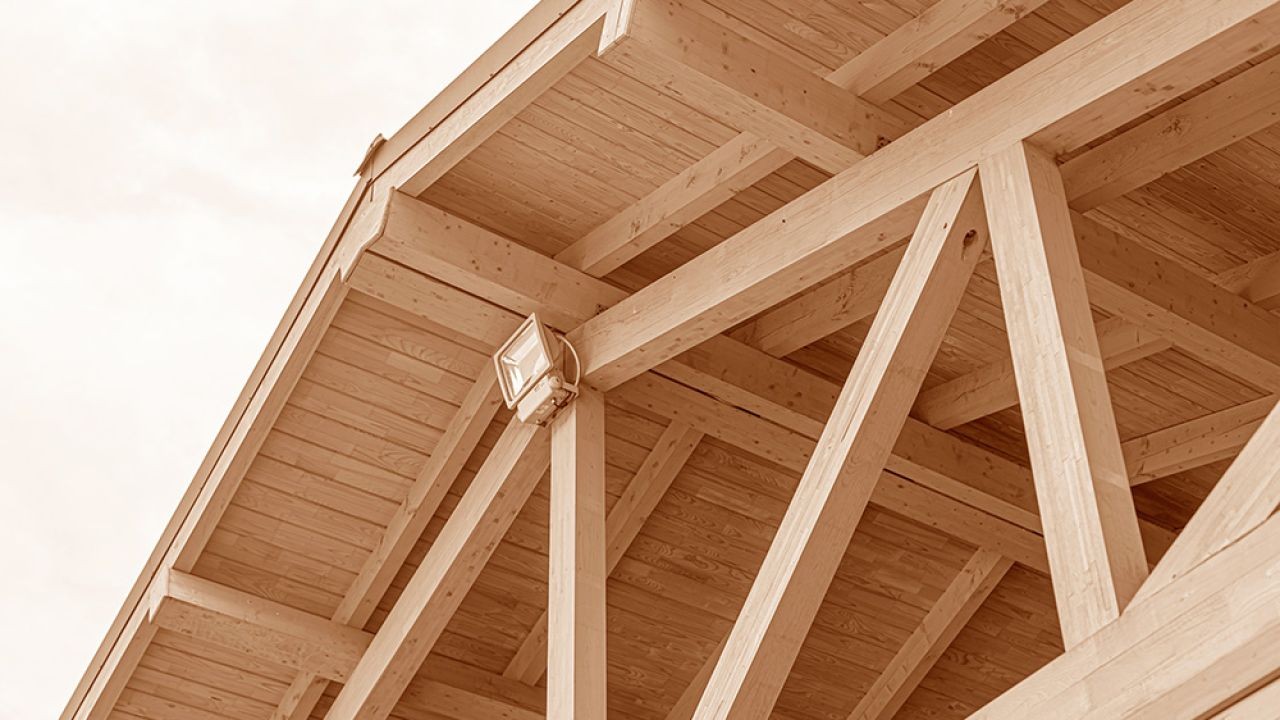Introduction
The kitchen is often referred to as the heart of a home, a sentiment that holds particularly true in New Zealand where social gatherings frequently revolve around food and shared meals. However, the decision to renovate a kitchen can be a double-edged sword when it comes to selling a home. With property prices in New Zealand having risen by 27% in recent years, according to Stats NZ, homeowners are under pressure to make strategic improvements that maximize their return on investment. This article delves into the intricate role a kitchen renovation plays in the home-selling process, providing data-backed insights and expert opinions tailored for New Zealand's unique real estate market.
Whether you're a policy analyst, investor, or homeowner, understanding the nuances of kitchen renovations can provide a competitive edge in a rapidly evolving property market. Read on to discover why this single room can make or break a home sale, and how to navigate this complex decision-making process.
Pros & Cons Evaluation
Pros of Kitchen Renovation
- Increased Property Value: Renovating a kitchen can significantly boost a home's market value. A well-executed renovation can yield a return on investment (ROI) of up to 75%, making it one of the most cost-effective home improvements.
- Enhanced Buyer Appeal: Modern, functional kitchens are a key selling point for potential buyers. In New Zealand, where open-plan living is popular, a renovated kitchen can seamlessly integrate with living spaces, enhancing the home's overall appeal.
- Energy Efficiency: Incorporating energy-efficient appliances and sustainable materials can attract eco-conscious buyers and reduce long-term utility costs, aligning with New Zealand's emphasis on sustainability and environmental responsibility.
- Customization: A kitchen renovation allows for personalization, catering to the specific needs and preferences of potential buyers. This can include smart technology integration, which is becoming increasingly desirable.
Cons of Kitchen Renovation
- High Costs: Kitchen renovations can be expensive, and without careful planning, costs can quickly escalate. This can be particularly challenging in New Zealand, where construction costs are high due to labor shortages and supply chain disruptions.
- Market Uncertainty: The real estate market is subject to fluctuations, and a significant investment in a kitchen renovation may not always translate to a higher sale price, especially in a volatile market.
- Time-Consuming: Renovations are time-intensive, which can delay the sale of a property. This can be problematic in a fast-moving market where timing is critical.
- Over-Personalization: Excessive customization can alienate potential buyers who may have different tastes or requirements, reducing the pool of prospective buyers.
How It Works (Deep Dive)
Understanding the New Zealand Context
New Zealand's real estate market is unique, influenced by factors such as geographical isolation, limited land availability, and a growing population. According to the Ministry of Business, Innovation and Employment (MBIE), Auckland remains the most expensive region, but other areas like Wellington and Christchurch are also experiencing significant growth. Kitchen renovations in these areas can yield different returns based on local market conditions and buyer preferences.
Case Study: A Successful Renovation in Auckland
Case Study: The Smith Family – Transforming a Dated Kitchen
Problem: The Smith family owned a home in Auckland with a dated kitchen that detracted from the property's overall appeal. The kitchen's outdated appliances and inefficient layout were major turn-offs for potential buyers.
Action: To address this, the Smiths undertook a comprehensive kitchen renovation. They focused on creating an open-plan layout, installing energy-efficient appliances, and using modern finishes like quartz countertops. They also incorporated smart technology, such as a Wi-Fi-enabled refrigerator and voice-activated lighting.
Result: After the renovation, the Smiths listed their home at a 15% higher price than initially estimated. The property received multiple offers within the first week of listing, ultimately selling for 20% above the expected market value.
Takeaway: This case study demonstrates the value of strategic kitchen renovations in boosting property appeal and sale price. For New Zealand homeowners, focusing on energy efficiency and smart technology can attract a broader range of buyers and command higher prices.
Data-Driven Analysis
Statistics from the Reserve Bank of New Zealand indicate that homeowners who invest in kitchen renovations can enhance their property's attractiveness in a competitive market. With a 30% increase in buyer interest reported for homes with modern kitchens, the potential for a lucrative sale is significant. However, it is crucial to balance the renovation budget with expected returns to avoid overcapitalization.
Common Myths & Mistakes
- Myth: "All kitchen renovations guarantee a high ROI." Reality: ROI varies significantly depending on factors such as location, quality of materials, and current market conditions.
- Myth: "Bigger kitchens are always better." Reality: Functionality and smart design often trump size, especially in compact urban homes where space efficiency is critical.
- Myth: "DIY renovations are cost-effective." Reality: Professional renovations tend to deliver higher quality results and better ROI, despite higher upfront costs.
Biggest Mistakes to Avoid
- Neglecting Budget Planning: Without a clear budget, renovation costs can spiral out of control, leading to financial strain.
- Ignoring Local Trends: A renovation that doesn't align with local buyer preferences can reduce the property's appeal and marketability.
- Overcapitalizing: Spending more on renovations than the potential increase in property value can result in financial loss.
Future Trends & Predictions
By 2026, the integration of smart technology in kitchens is expected to become a standard feature in New Zealand homes. As per a report by NZTech, this trend is driven by the growing demand for convenience and energy efficiency. Homeowners who incorporate these elements into their renovations can expect to see higher returns and faster sales.
Conclusion
Renovating a kitchen is a critical decision that can significantly impact a home sale. For New Zealand homeowners, it is essential to balance aesthetic appeal, functionality, and market trends to maximize ROI. By understanding the local context and leveraging smart technology and sustainable practices, homeowners can enhance their property's attractiveness and command higher prices.
If you're considering a kitchen renovation, now is the time to evaluate your options and consult with experts to ensure a successful outcome. Share your experiences and insights in the comments below!
People Also Ask (FAQ)
- How does kitchen renovation impact home sales in New Zealand? A well-executed kitchen renovation can increase a property's market value by up to 15%, attracting more buyers and commanding higher sale prices.
- What are the biggest misconceptions about kitchen renovations? One common myth is that bigger kitchens are always better. However, functionality and smart design are often more important, especially in compact urban homes.
- What are the best strategies for implementing a kitchen renovation? Experts recommend starting with a clear budget, focusing on energy efficiency, and incorporating smart technology to enhance functionality and appeal.
Related Search Queries
- Kitchen Renovation ROI New Zealand
- Best kitchen renovation tips NZ
- Smart technology in kitchens
- Energy-efficient kitchen appliances NZ
- Open-plan kitchen designs NZ
- Kitchen renovation mistakes to avoid
- Home Renovation Trends 2026 NZ
- Property market trends New Zealand
- Auckland real estate market forecast
- Sustainable home renovations NZ
































ChandaFove
10 months ago